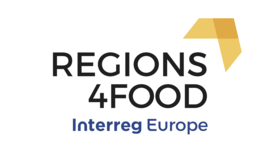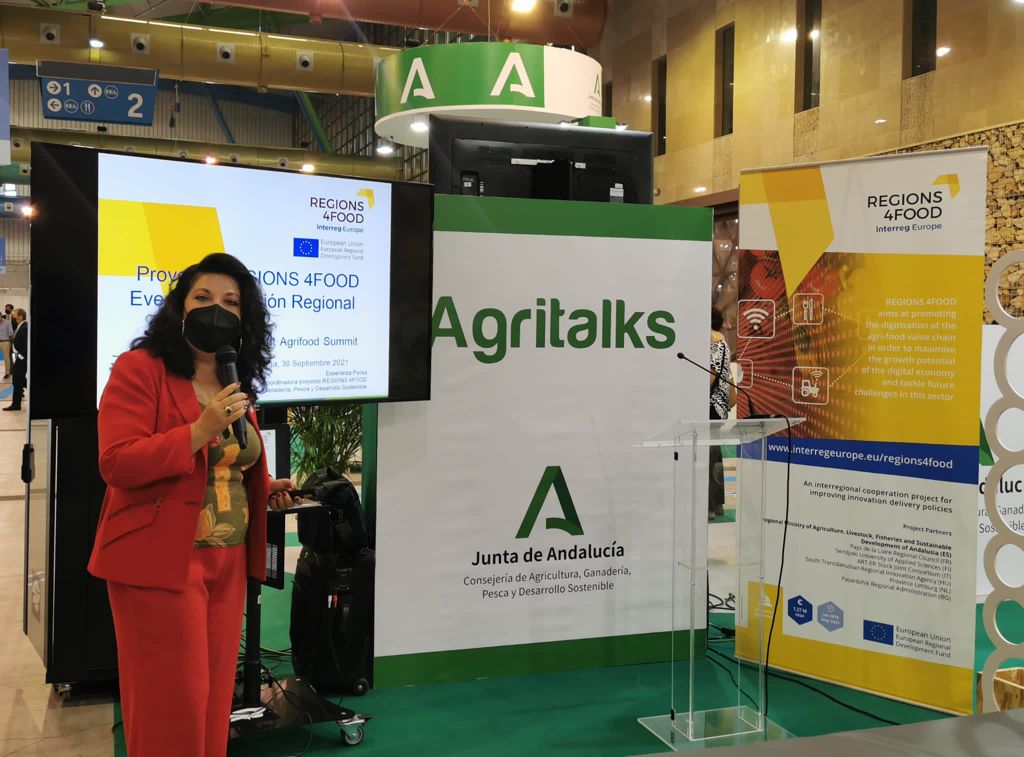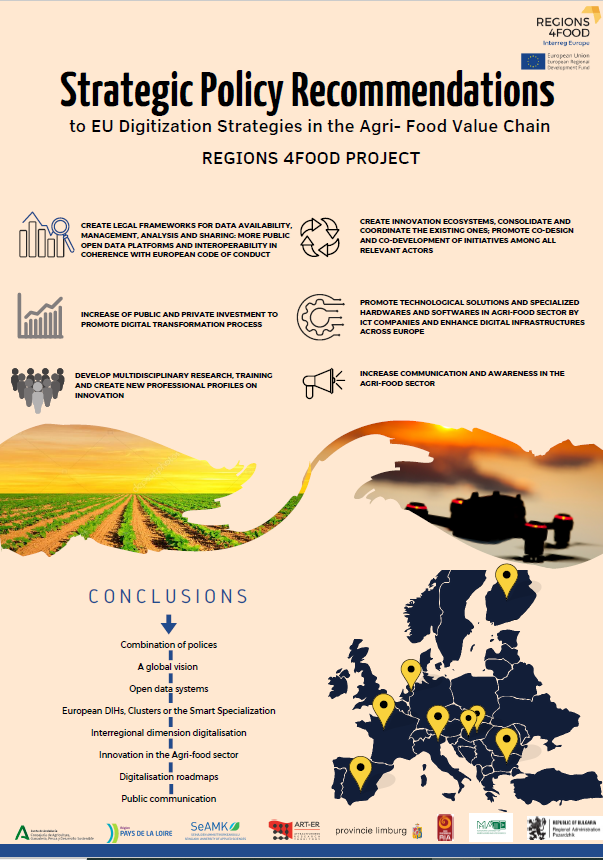The fourth peer review of the agri-food Action Plan elaborated by the South Transdanubian Regional Innovation Agency took place online on 23 September 2020. In accordance with the previous peer reviews, we were interested in the opinion of Finnish experts who proposed us their Good Practices for further observation and optional transfer. From South-Ostrobothnia, Finland, Ms. Soila HUHTALUHTA (Seinajoki University of Applied Sciences) and Ms. Sanna KANKAANPÄÄ (Into Seinajoki, public investment promotion agency) shared with us their views and opinions. Representing the Hungarian side, Dr. Gabriella BARÁTH (external expert) and Mr. Zsolt Pálmai (STRIA Nonprofit Ltd.) were present.
From the continental Finnish region that is also called the pantry of Finland, we identified three Good Practices for the purpose of further learning:
- Frami Campus and Food Forum: Frami Campus brings together key actors of agri-food sector in higher education and research-development-innovation for cooperation and development activities,
- Agro Living Lab & eLiving Lab projects: are cooperation of farmers and local agrotechnology companies. As part of this, the farmers network is included in the development and testing process of agrotechnology machinery,
- ResQ Club: ResQ Club is a mobile application connecting restaurants, cafes, and grocery stores with consumers to reduce food waste.
The lessons learnt derived from these practices are related to the 2. proposed action called „Encouraging cooperation between agri-food stakeholders” of the Hungarian Action Plan. Within the framework of this,
- organizing workshops, online meetings and digital technology testing for relevant stakeholders,
- collaboration generation, collaboration facilitation,
- regular meetings, consultations are scheduled to foster the cooperation of agri-food actors within the domain of digitisation.
The Finnish experts drove our attention to the following issues:
- the importance of prudent planning, that concerns the form of cooperation, its communication channels, and also focuses on the continuous motivation of the participants,
- the tight and active connection with and among the involved actors and stakeholders are of key importance,
- the food processing companies are easier to mobilise for research and development, given the fact that their products have higher added value,
- there is significant networking and supply potential in connecting the smaller and larger enterprises,
- also, for the farms and enterprises living on plant growing and animal husbandry, it is important to have consultation services from companies who address their services to these agricultural farmers with the due humility,
in Finland the notion of cooperation is defined as a way of working together rather than fostering the competition among the cooperating actors.
Finally, as a closure of the consultation, the Finnish colleagues articulated that the more effective cooperation has two major directions:
- the whole agri-food scene is addressed by the message of cooperation,
- or, by applying a profound filtering, a smaller, better defined circle is approached with that kind of cooperation that is also capable to fulfil the development needs of the targeted organisations.
Given the fact that the peer review conducted with the Finnish experts was at the same time the end point of the peer review process of the draft Hungarian Regions 4Food Action Plan, all the inputs collected during this two months long period will be integrated into the document. The so called final draft of the Action Plan is scheduled to be accomplished by November 2020, whilst the final version of the Hungarian Action Plan will be ready in May 2021.






